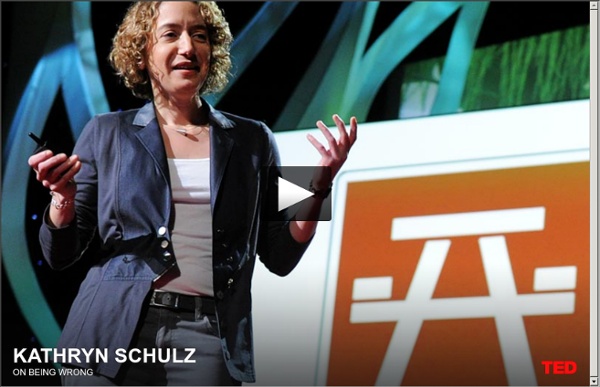



http://www.ted.com/talks/kathryn_schulz_on_being_wrong.html
The Greatest Ever Economic Change 13 September 2012 The Greatest Ever Economic Change Professor Douglas McWilliams National Geographic Photo Contest 2011 - Alan Taylor National Geographic is currently holding its annual photo contest, with the deadline for submissions coming up on November 30. For the past nine weeks, the society has been gathering and presenting galleries of submissions, encouraging readers to vote for them as well. National Geographic was kind enough to let me choose among its entries from 2011 for display here on In Focus. Gathered below are 45 images from the three categories of People, Places, and Nature, with captions written by the individual photographers. [45 photos] Use j/k keys or ←/→ to navigate Choose: Many people pilgrimage to Uluru, but what is seen there often depends on where you've come from.
Dont Follow Your Passion, Follow Your Effort I hear it all the time from people. “I’m passionate about it.” “I’m not going to quit, It’s my passion”. Or I hear it as advice to students and others “Follow your passion”. TEDTalks Have you ever wondered: Am I a human being? Ze Frank suggests a series of simple questions that will determine this. Please relax and follow the prompts. Let's begin ... 10 talks on being creative Radio host Julie Burstein has found the perfect analogy for creativity—raku pottery. A Japanese art form in which molded clay is heated for 15 minutes and then dropped in sawdust which bursts into flames, what makes this pottery so beautiful is its imperfections and cracks. Burstein interviewed hundred of artists, writers, musicians and filmmakers for her book, Spark: How Creativity Works, and heard many of them describe their process in similar terms — that the best parts of their work came from embracing challenges, misfortunes and the things they simply couldn’t control. As Burstein explains in this talk given at TED2012, “I realized that creativity grows out of everyday experiences more often than you would think.” In this talk, Burstein identifies four lessons that creative people should embrace: To hear how Burstein learned these lessons from filmmaker Mira Nair, writer Richard Ford, sculptor Richard Serra and photographer Joel Meyerowitz, listen to her wonderful talk.
Peter Pronovost’s checklists better intensive care The damage that the human body can survive these days is as awesome as it is horrible: crushing, burning, bombing, a burst blood vessel in the brain, a ruptured colon, a massive heart attack, rampaging infection. These conditions had once been uniformly fatal. Now survival is commonplace, and a large part of the credit goes to the irreplaceable component of medicine known as intensive care. It’s an opaque term. Specialists in the field prefer to call what they do “critical care,” but that doesn’t exactly clarify matters. The non-medical term “life support” gets us closer.
The secret of self-control In the late nineteen-sixties, Carolyn Weisz, a four-year-old with long brown hair, was invited into a “game room” at the Bing Nursery School, on the campus of Stanford University. The room was little more than a large closet, containing a desk and a chair. Carolyn was asked to sit down in the chair and pick a treat from a tray of marshmallows, cookies, and pretzel sticks. The 6 Keys To Being Awesome At Everything I've been playing tennis for nearly five decades. I love the game and I hit the ball well, but I'm far from the player I wish I were. I've been thinking about this a lot the past couple of weeks, because I've taken the opportunity, for the first time in many years, to play tennis nearly every day. My game has gotten progressively stronger. I've had a number of rapturous moments during which I've played like the player I long to be.